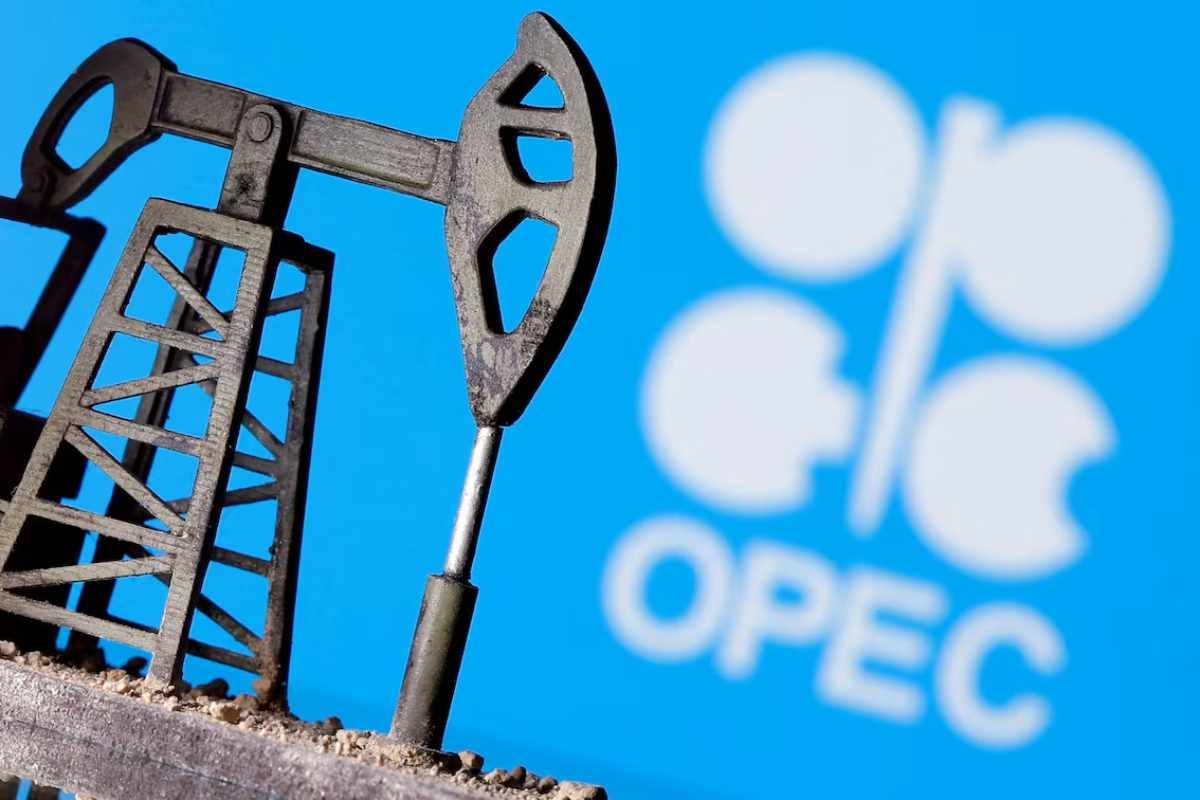Source – reuters.com
The OPEC+ oil alliance has postponed plans to increase oil production by 180,000 barrels per day (bpd) in October, pushing the hike back by two months, according to sources close to the discussions. This delay is part of a broader strategy to gradually return a total of 2.2 million bpd to the market over the coming months. The 2.2 million bpd cut, originally scheduled to expire at the end of September, was implemented by eight OPEC+ members as a voluntary measure and will now phase out starting in December 2023, extending through November 2025.
Details of the Cuts
The countries involved in the voluntary 2.2 million bpd cuts—Algeria, Iraq, Kazakhstan, Kuwait, Oman, Russia, Saudi Arabia, and the United Arab Emirates—have agreed to extend the reduction, according to an official statement from the OPEC Secretariat. This cut was in addition to the official output curbs agreed upon by all OPEC+ members. The group will maintain a collective production of 39.725 million bpd next year, while a subset of members continues to reduce output by 1.7 million bpd throughout 2025 on a voluntary basis.
OPEC+ Near Delay of Planned Crude Production Hike
Market Response
Crude oil futures saw a rebound following the announcement. Ice Brent for November delivery traded at $73.63 per barrel, up 1%, while Nymex’s front-month October contract rose 1% to $70.17 per barrel. Earlier in the week, prices had slumped due to concerns about sluggish demand recovery in China, the world’s second-largest economy and leading crude importer.
Supply Challenges
The global oil market faces challenges from both demand and supply perspectives. Key OPEC+ members Iraq and Kazakhstan have regularly exceeded their monthly production quotas and have committed to making compensatory output cuts by September 2025. Additionally, supply from North Africa has been disrupted, with ongoing political instability in Libya jeopardizing the country’s production of nearly 1.2 million bpd.
The market remains uncertain about when Libya’s issues might be resolved, further complicating the global supply-demand balance amid economic concerns from major economies like China.










